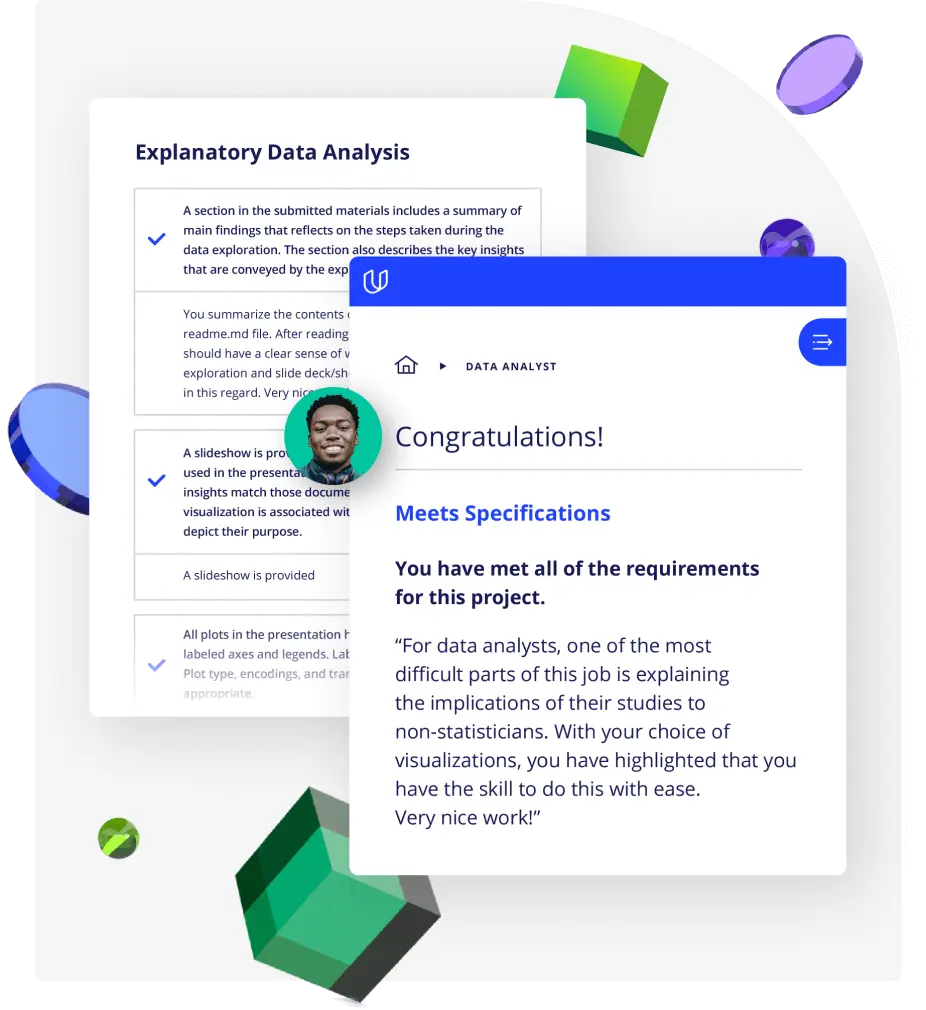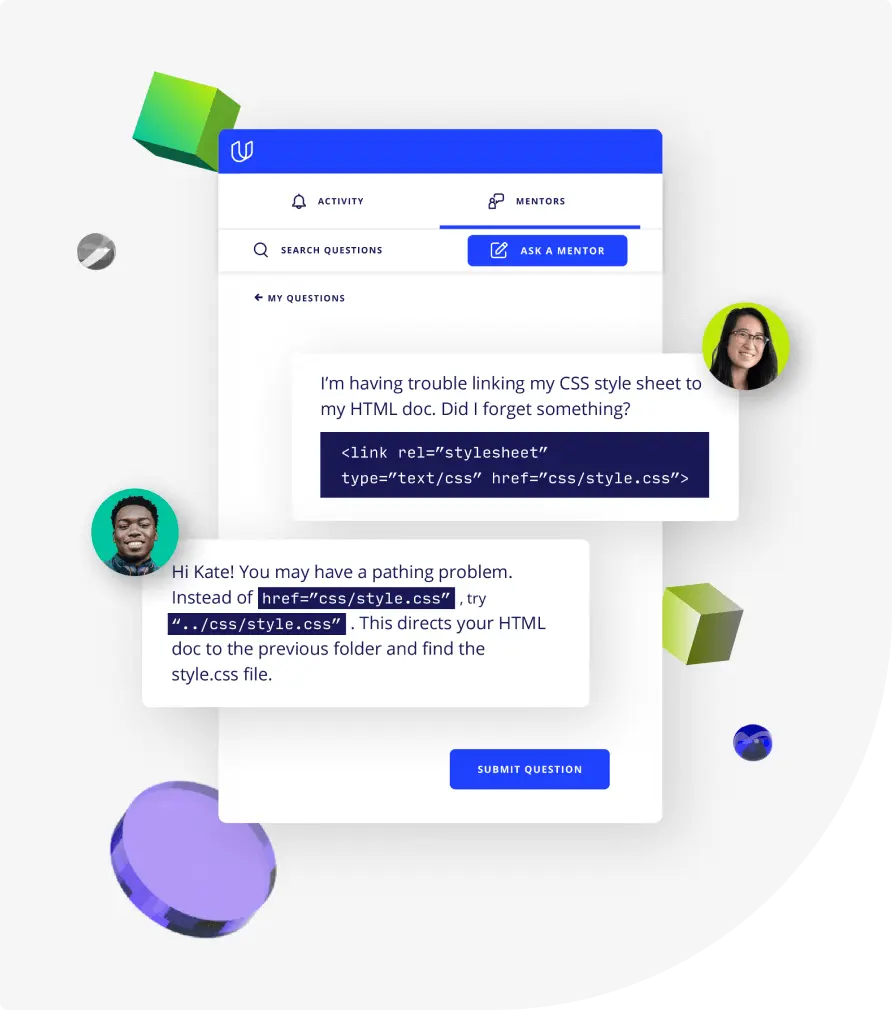
Vincent High
Agile Delivery Lead
Vincent is a Scrum Master, Agile Instructor, and currently serves as an Agile Delivery Lead at a top US bank. Throughout his career he has served as a Scrum Master and Agile Coach within start-ups, large corporations, and non-profit organizations.






